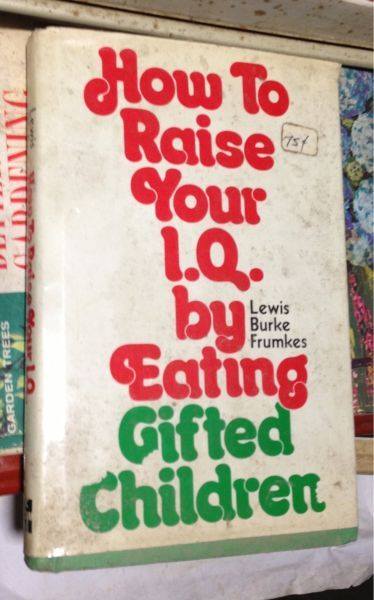Do gifted and talented programs in school work? I'm torn on the idea. On the one hand, it seems like you are segregating people into categories that they then self-identify with and these programs foster less than equal opportunity. On the other hand, it seems like there is a benefit to having groups of students with similar ability together because you can teach the class at a higher level. I recall being put in the "middle group" for english in the 7th and 8th grade presumably due to some standardized test scores. The thing is, I probably have some ability with that stuff so I'm not sure it was the right group. It took me a very long time to realize this. I think of the kids that are in the bottom group - it seems like that's the worst situation. They are pigeonholed and create potentially a negative self image because of it.
This article on gifted and talented programs has some interesting discussion on it.
We are always being segregated into categories that we identify with, whether 6th grade vs. 3rd; or engineering majors vs. political science; or football team vs. choir. Don't confuse equality of opportunity with equality of outcome. The first means that everyone has the same chance to get into the gifted program, because the criteria are relevant and fairly applied, just as with tryouts for the team or auditions for the choir. The second would mean that teams, choirs, and other activities take all comers. Sometimes they do, and sometimes that turns out OK.
Whether gifted programs work depends on what goals you expect them to meet, and how they are structured. Some are pullout programs, meaning that students are pulled out of their regular classes for a few hours or a day a week do do G/T activites together. Other programs keep the G/T students together all the time. Others have gifted classes in specific subjects like math or reading, which students attend based on individual needs. Of these I like pullout the least, since it disrupts the class the G/T students leave, and results in them getting more work rather than different or more challenging work (can seem like a punishment for being gifted).
If the alternative to a G/T program is that gifted students are not adequately challenged, this is unacceptable. Unfortunately this is what happens in many schools since classes are too large for teachers to tailor instruction to individual student needs. They teach to some average level, frustrating gifted or more capable students who are bored, and slower students who keep falling behind. I do like the idea someone else mentioned of raising expectations in "normal" classes, and having separate classes or programs for those who can't keep up. One way or another, no one should be forced to waste their time in class being taught things they already know, and ideally, everyone should be able to work at their own pace, even if it is much faster than their peers."
So for their social integration it is important that the gifted join a group of their gifted peers at an early age.
I have read that this is one of the most important benefits of gifted programs: it allows gifted students to spend time with others who are like them.
* Interesting how most schools are quite willing to hold back a student who has not mastered the material for his/her grade, but few are willing to let a student skip ahead a grade. More of this sort of thing might relieve the need for formal G/T programs, by allowing these students to find academic challenge through existing classes.

 .
.
